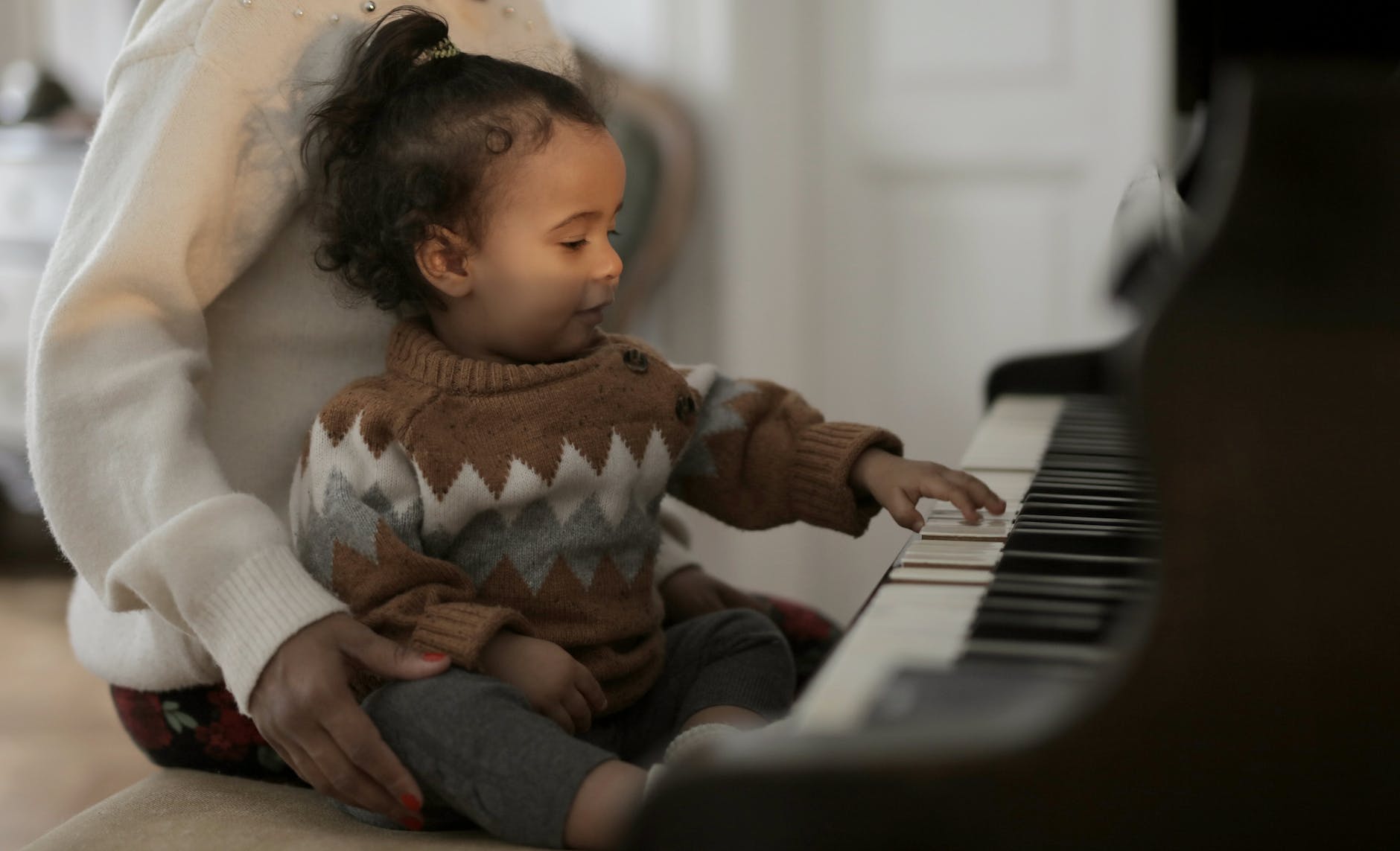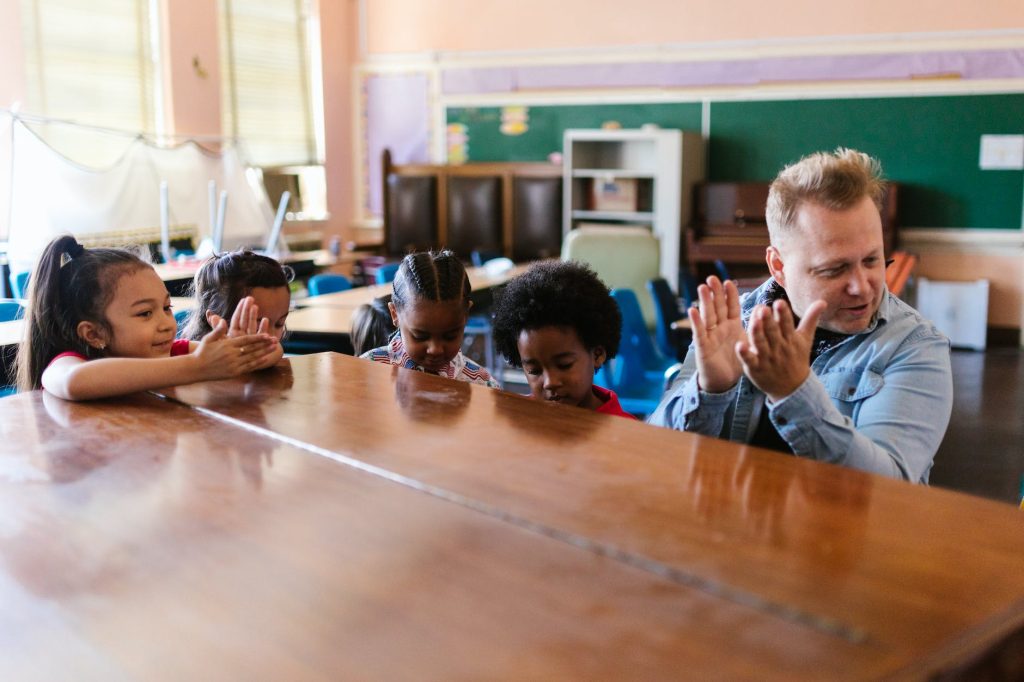Is Learning the Piano Fun for Children? Exploring the Joys of Musical Education
When it comes to a child's journey into the world of music, the question often arises: Are pianos fun for children to learn? The answer is a resounding "yes!" Learning to play an instrument is a rewarding and enriching experience, and the piano is an excellent choice as a child's first musical instrument. In this article, we'll delve into the reasons why the piano is a fantastic instrument for youngsters and how it can offer valuable life lessons.The Joy of Piano Learning
Learning to play the piano is not only educational but also an incredibly enjoyable endeavor for children. The piano offers a unique blend of creativity, discipline, and emotional expression. Here are some reasons why it can be so much fun for young learners:- Creative Expression: The piano allows children to express their creativity through music. They can experiment with melodies, harmonies, and rhythms, fostering a sense of artistic freedom.
- Instant Gratification: Unlike some other instruments, the piano produces a beautiful sound with just a press of a key. This immediate feedback can be highly motivating and satisfying for kids.
- Musical Exploration: Children can explore a wide range of musical genres on the piano, from classical to pop. This diversity keeps their musical journey exciting and engaging.

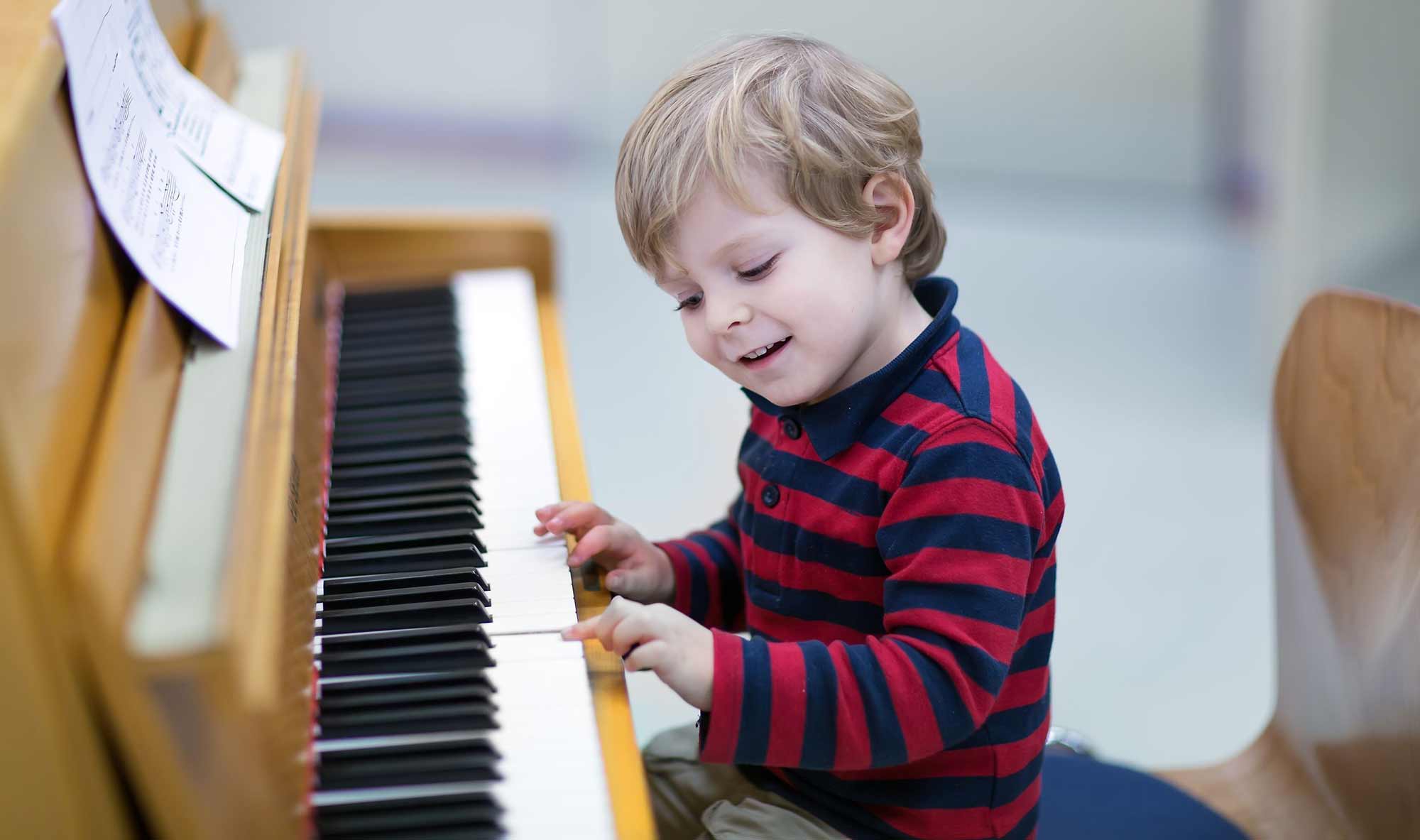
Life Lessons Through Piano
Playing the piano also imparts valuable life lessons that extend beyond the realm of music. Here are some of the important skills and qualities children can develop through piano lessons:- Discipline: Regular practice and commitment are essential for progress in piano playing. Children learn the value of discipline and hard work in achieving their goals.
- Patience: Learning to play challenging pieces requires patience. Kids learn that success often comes after persistent effort and practice.
- Problem Solving: Reading sheet music and coordinating both hands to play the piano enhance cognitive skills such as problem-solving and multitasking.
The Wonders of Piano Learning for Young Children
Introducing children to the world of piano playing at a young age is a truly wonderful endeavor. The impact of learning to play the piano during childhood is profound and everlasting. It's a skill that will stay with them throughout their lives, offering a multitude of benefits and life lessons that extend far beyond the realm of music.Discovering Discipline and Goal Setting
Learning to play the piano is not just about making music; it's about cultivating essential life skills. Discipline and goal-setting are two crucial attributes that children develop through their piano journey. As they set their sights on mastering a new piece or technique, they learn the importance of dedication and perseverance. Achieving these musical milestones boosts their confidence and self-esteem, showing them that with effort and commitment, they can conquer challenges. Moreover, the daily practice required to excel in piano playing instills a sense of structure in a child's routine. This structured approach helps them manage their time efficiently and enhances their overall productivity. As they witness their progress, they become motivated to continue their journey of improvement, a valuable lesson that can be applied to various aspects of life.
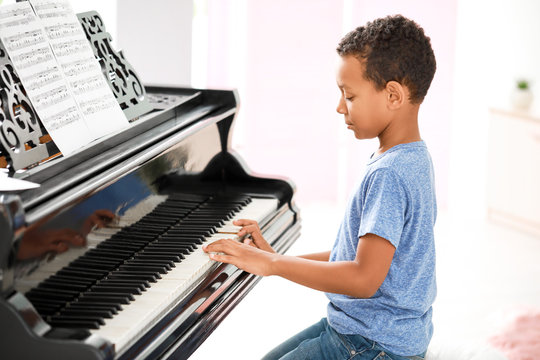
Unlocking Creative Expression
Music serves as a powerful medium for self-expression, and learning to play the piano provides children with a creative outlet like no other. It encourages them to explore their artistic side, experiment with melodies, and express their emotions through music. This creative exploration fosters their imagination and allows them to channel their thoughts and feelings constructively. An artistic outlet is not only a source of joy but also a fundamental component of a child's development into a healthy, well-rounded, and productive individual. It provides them with an avenue to process their experiences, communicate their ideas, and develop a sense of identity.Enhancing Cognitive Skills
Learning to play the piano has far-reaching effects on a child's cognitive development. It sharpens their ability to understand complex concepts and reinforces their analytical thinking. When children grasp how individual notes contribute to the composition of an entire song, they gain a deeper understanding of patterns, sequences, and structure, which can be applied to subjects like science and math. Playing the piano engages both hemispheres of the brain, stimulating brain activity and enhancing concentration. Additionally, it fosters eye-hand coordination, which is invaluable for various activities and tasks in daily life.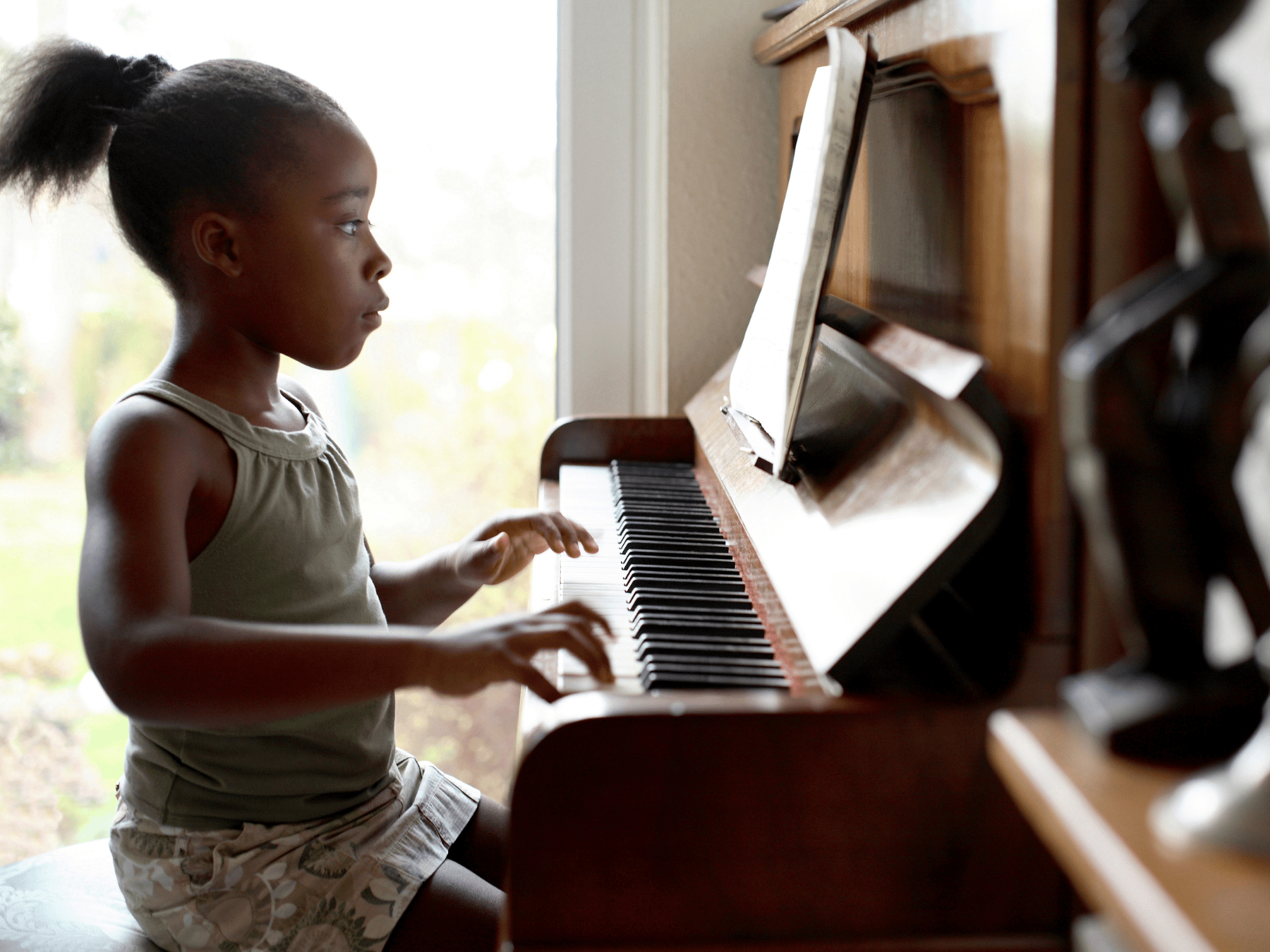
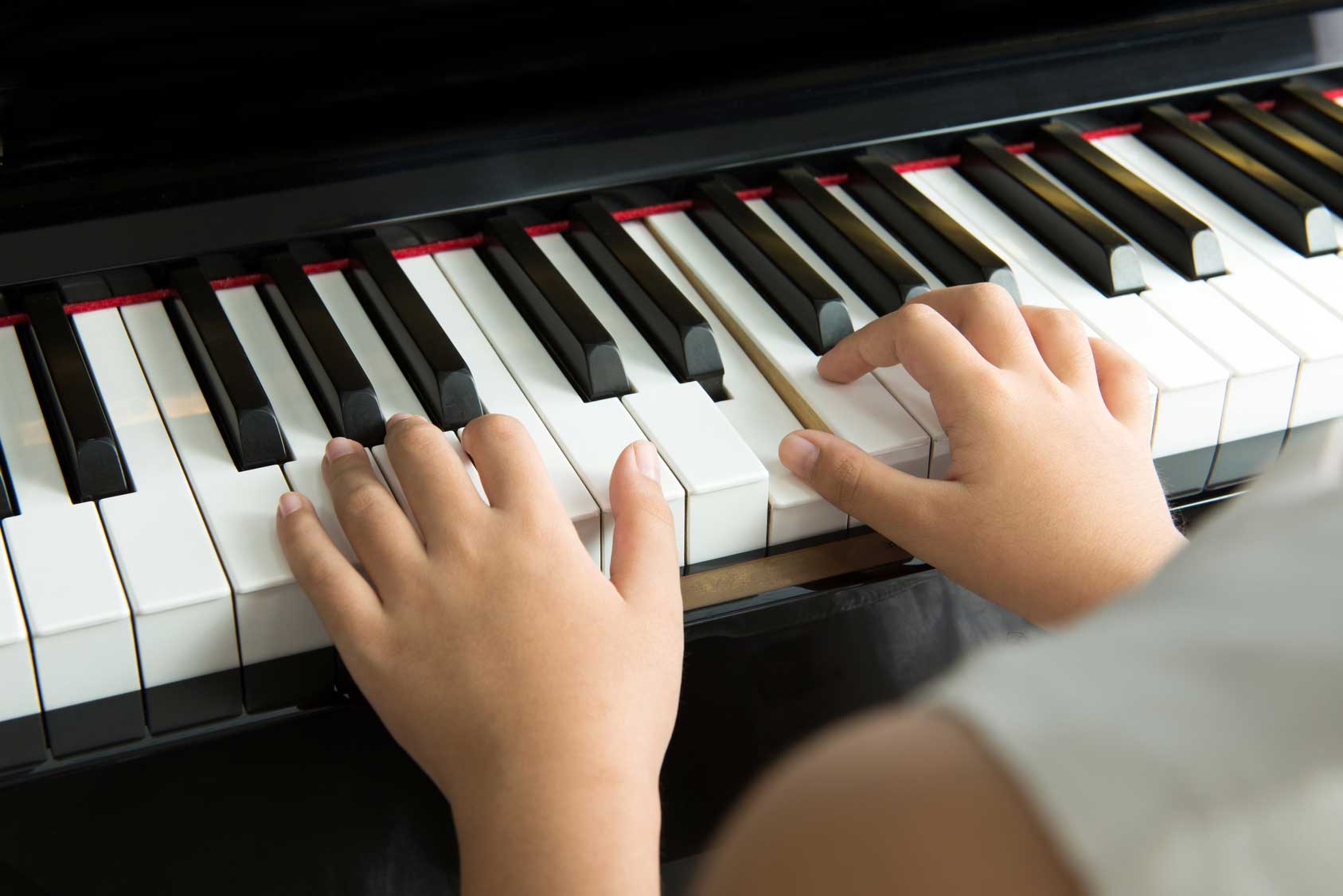


 Electric Guitars
Electric Guitars Acoustic Guitars
Acoustic Guitars Bass Guitars
Bass Guitars Guitar Effect Pedals
Guitar Effect Pedals Amps
Amps




 Clearance
Clearance Preloved Instruments
Preloved Instruments


























